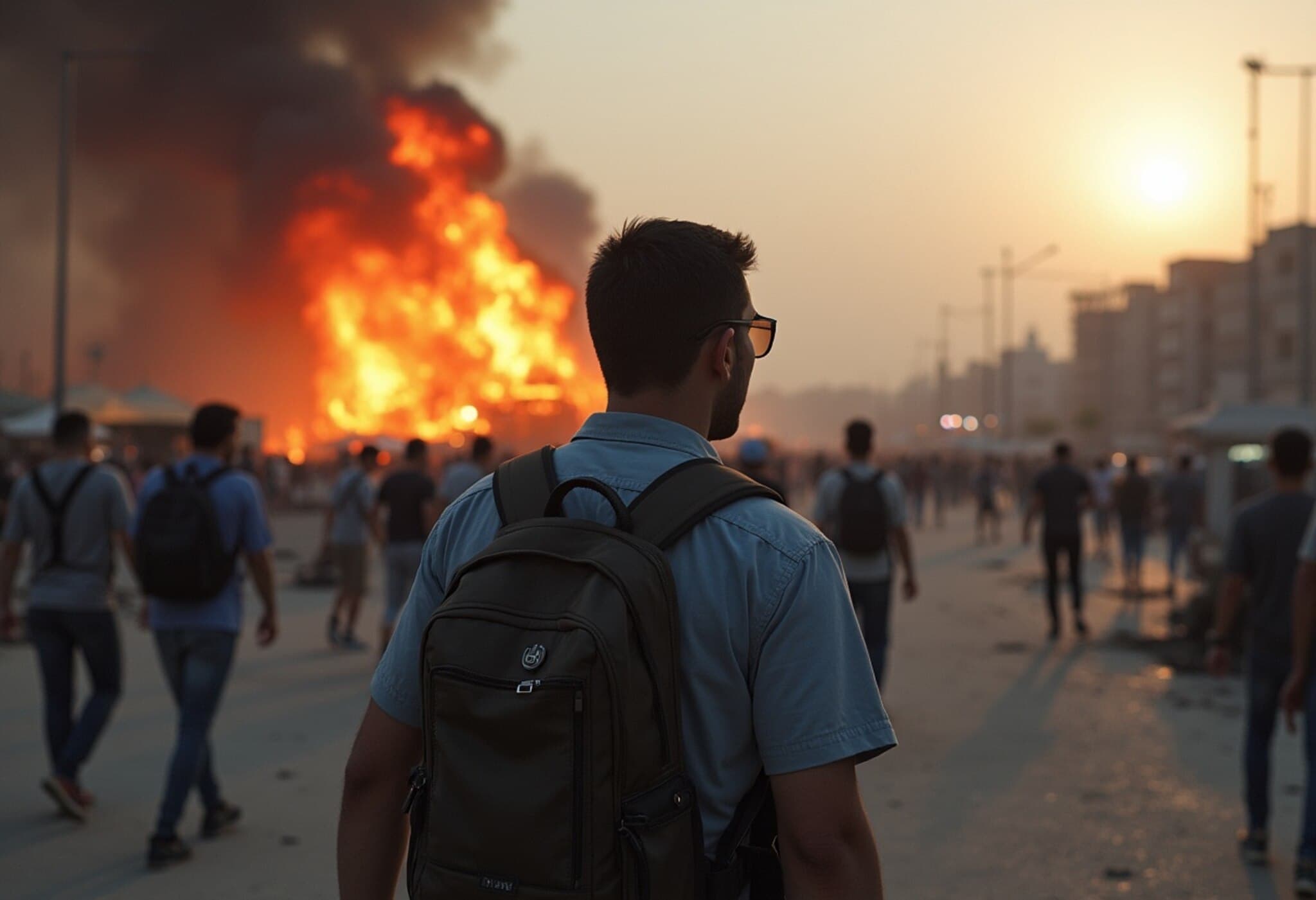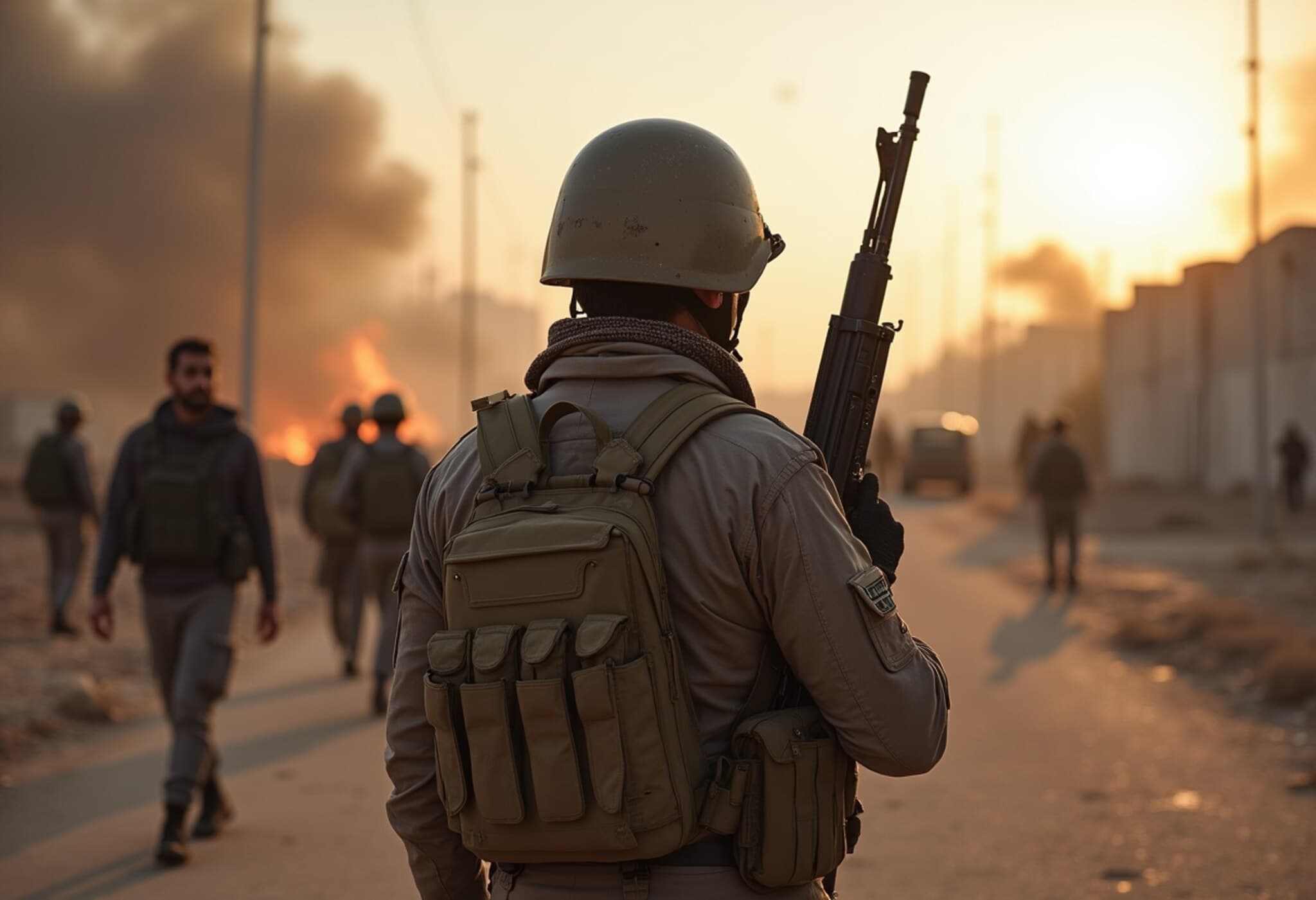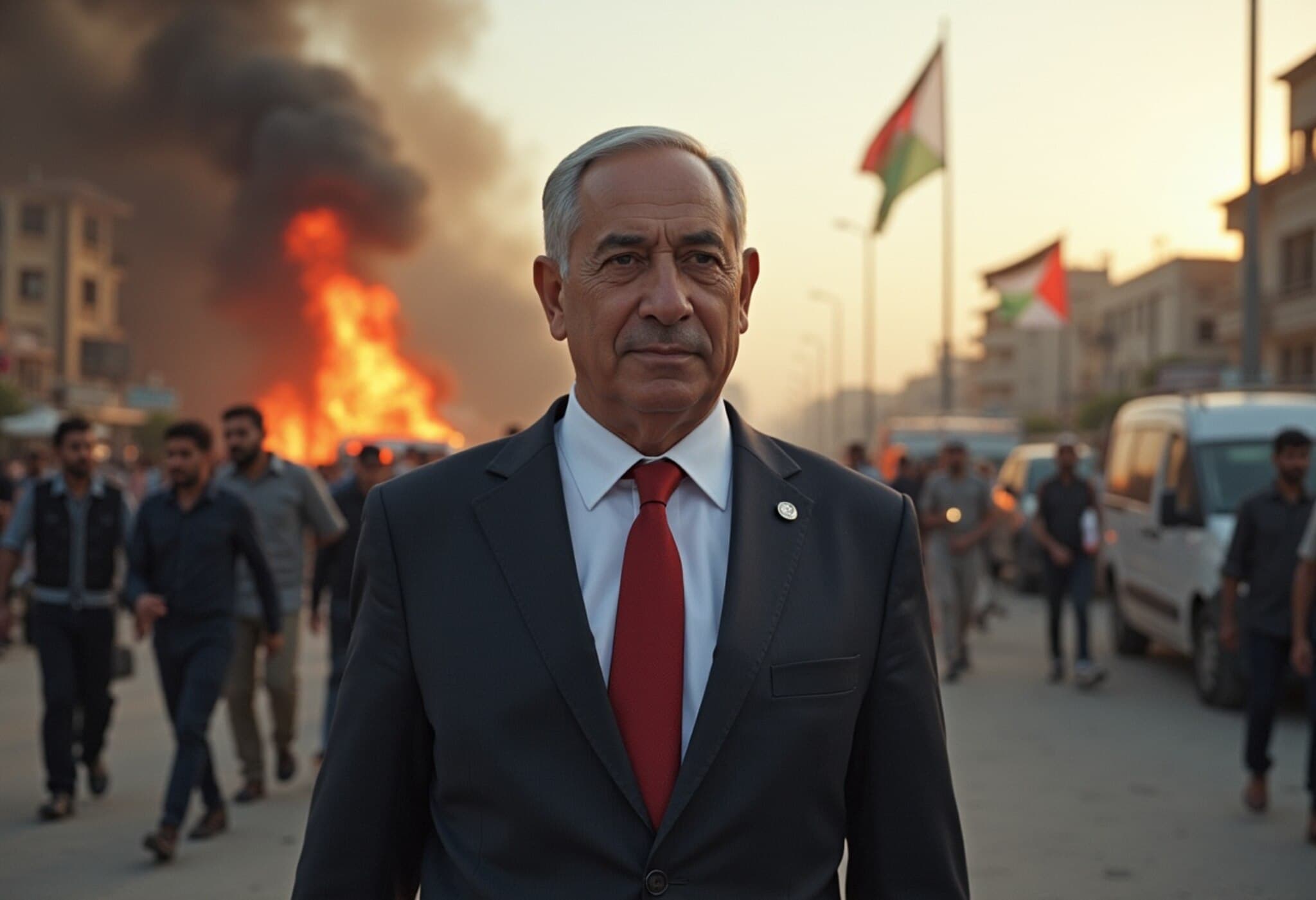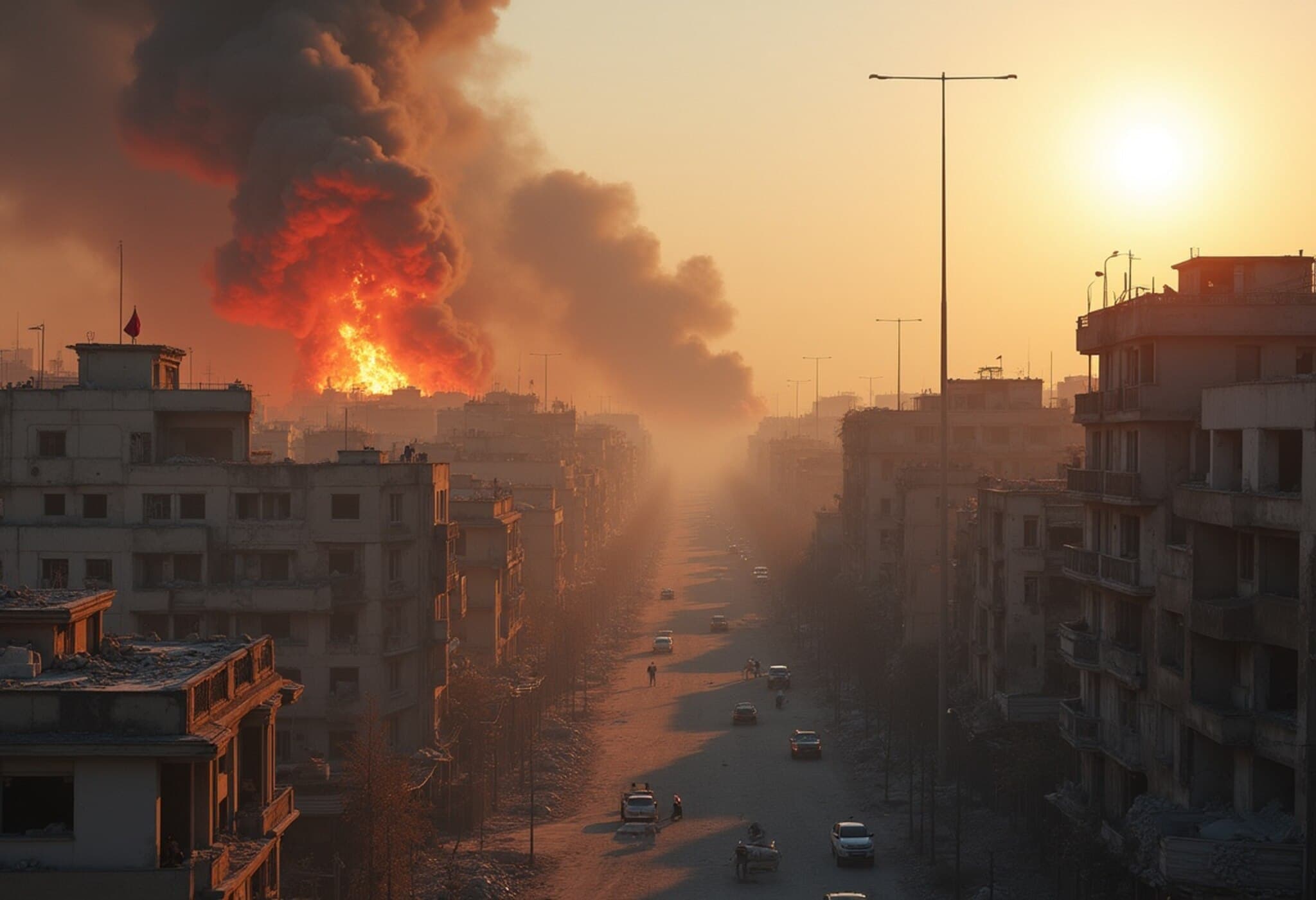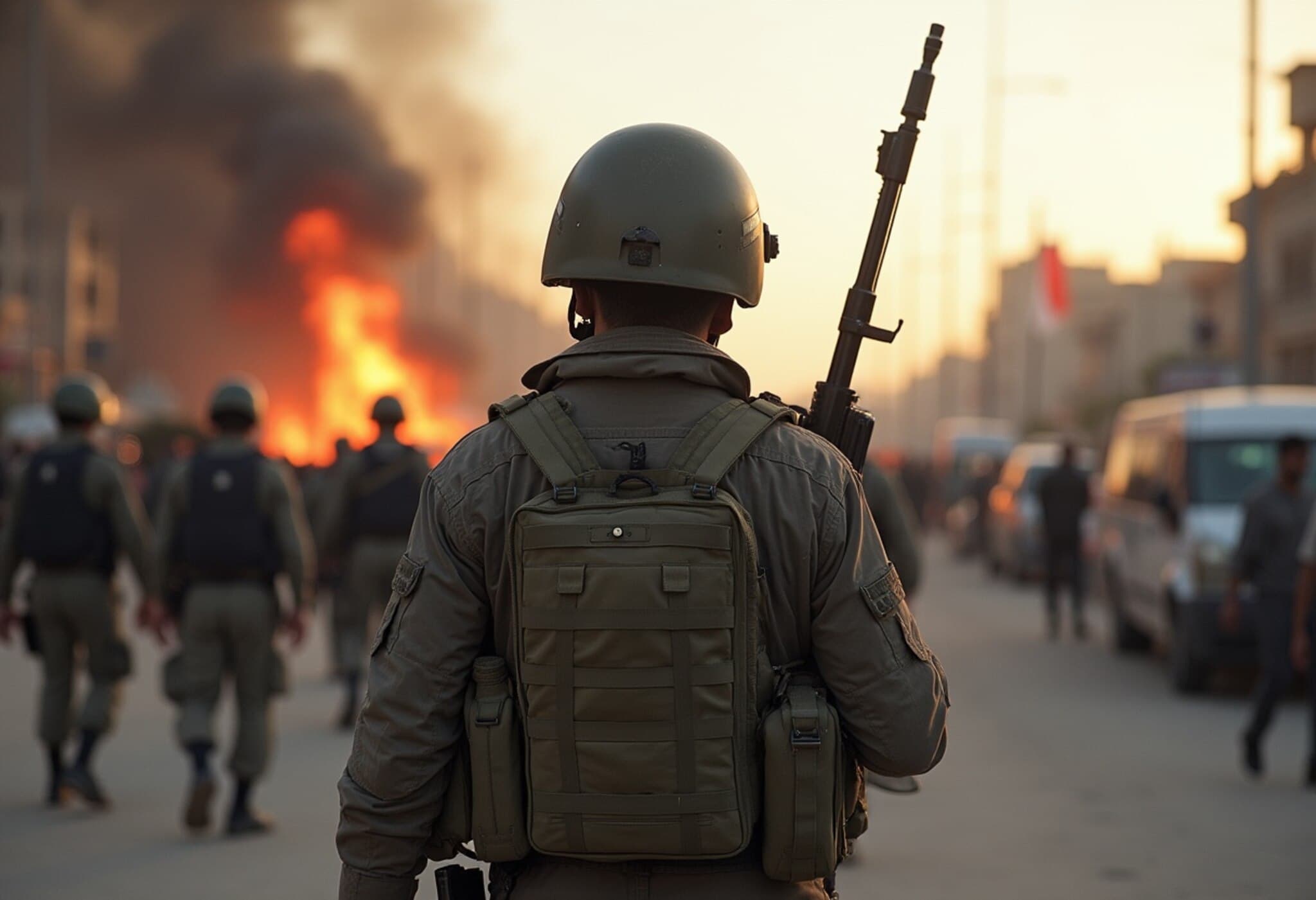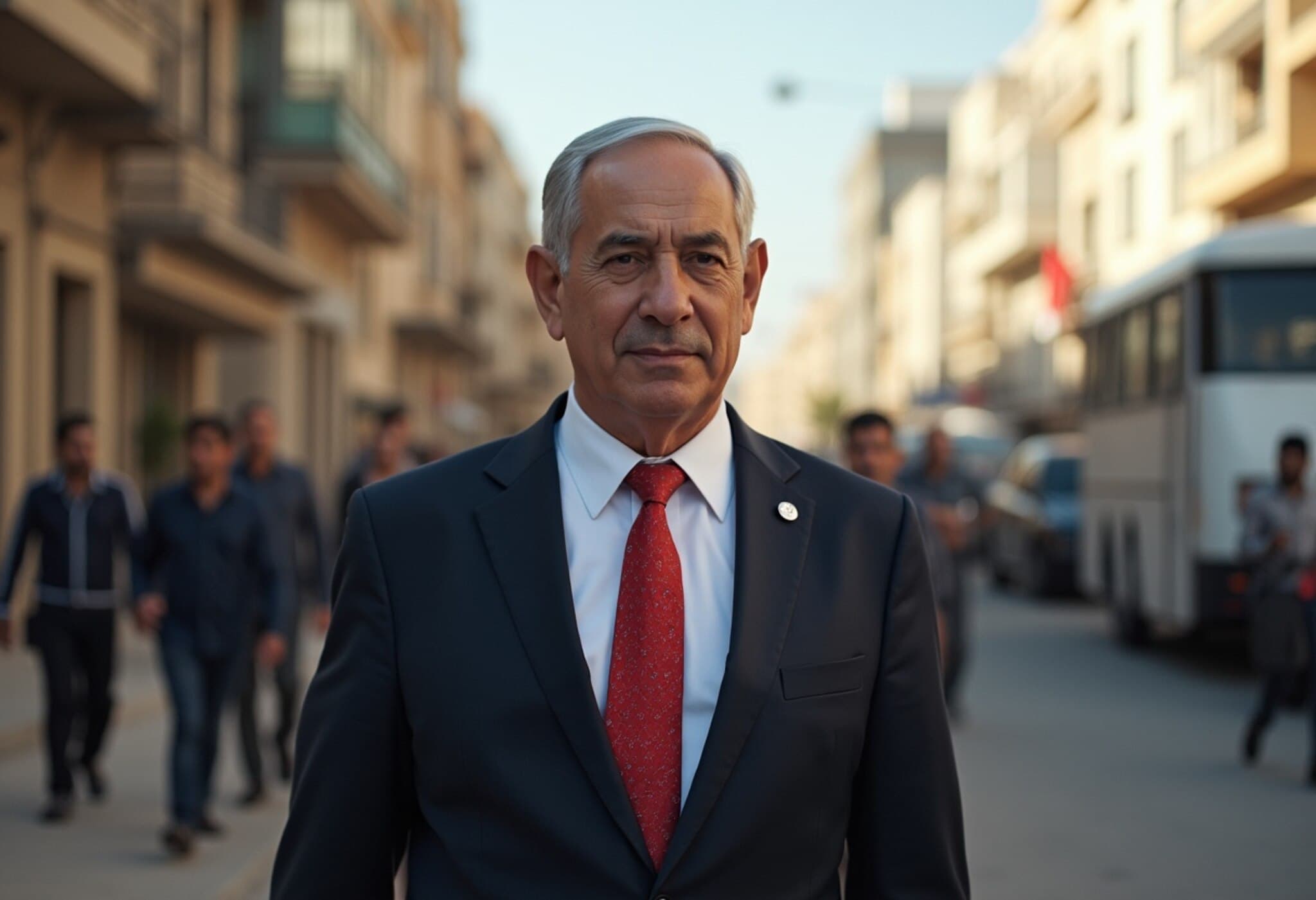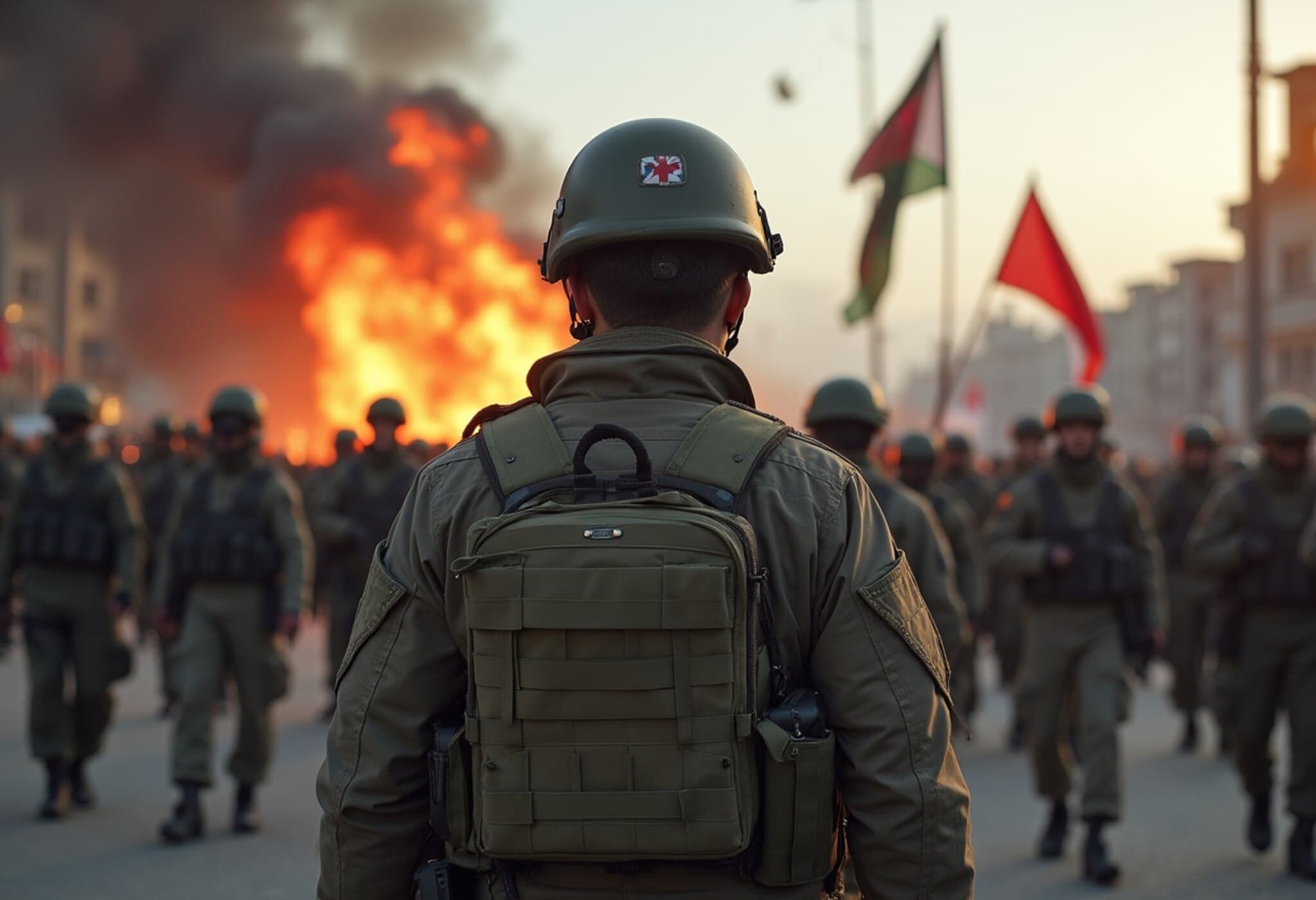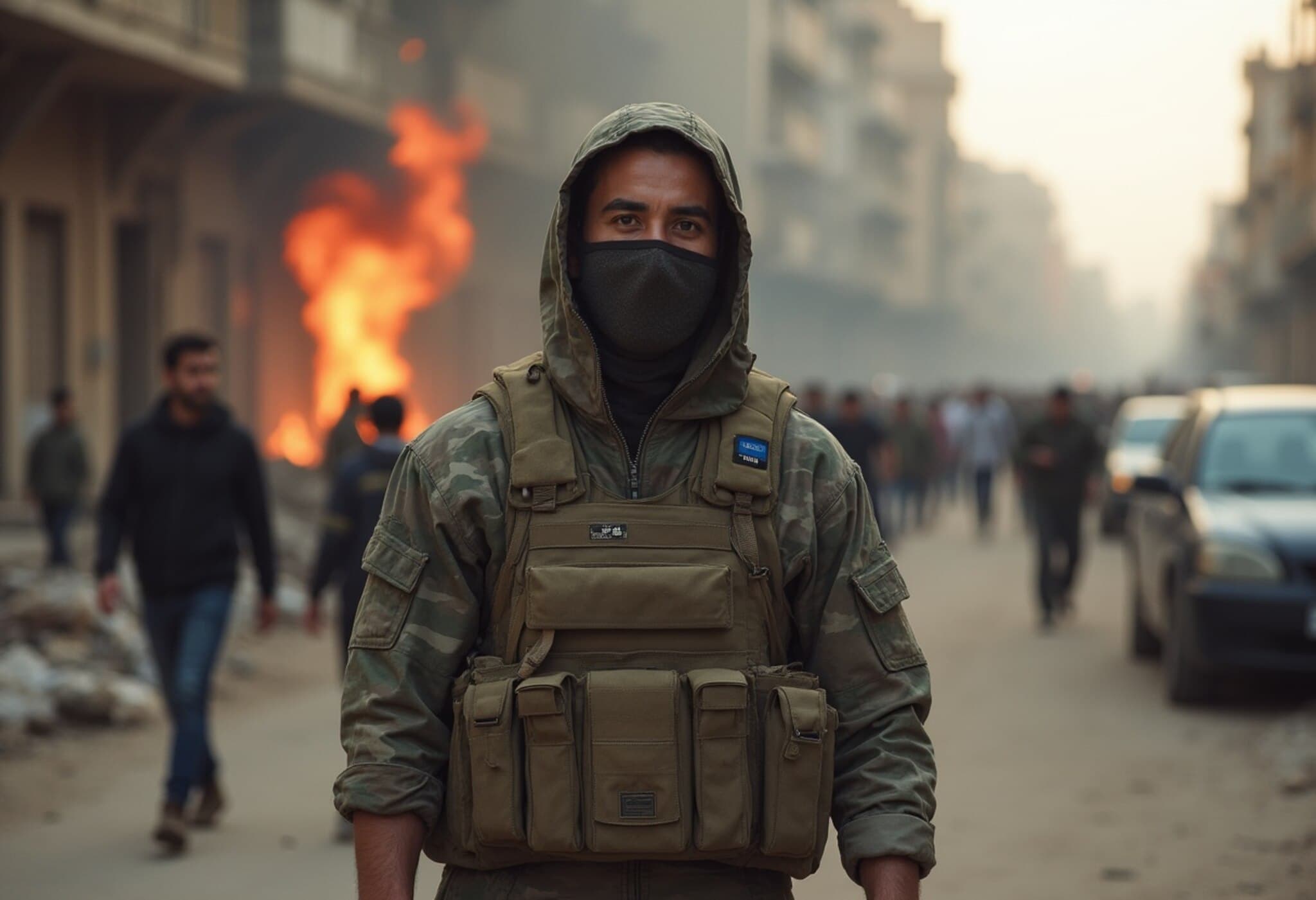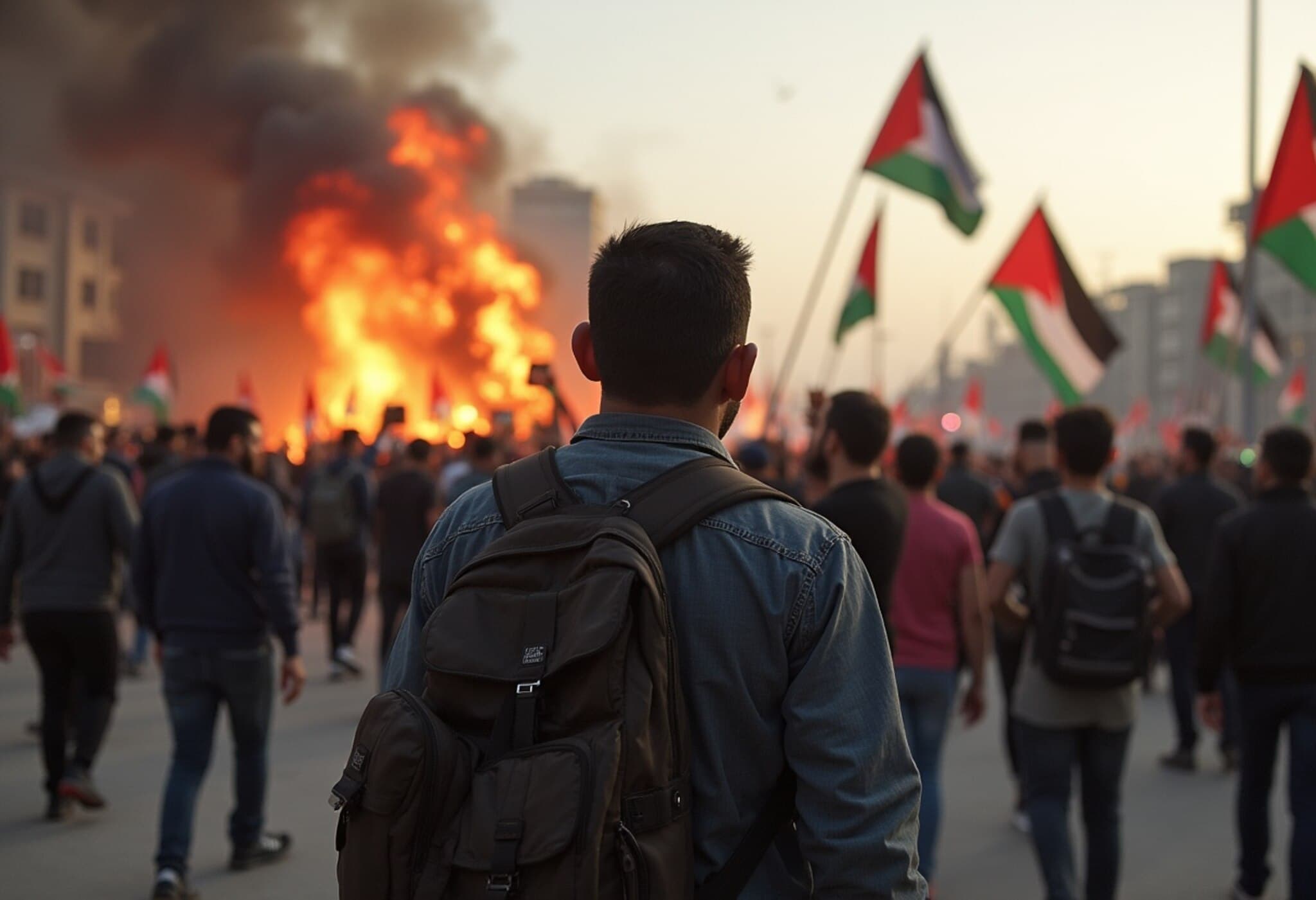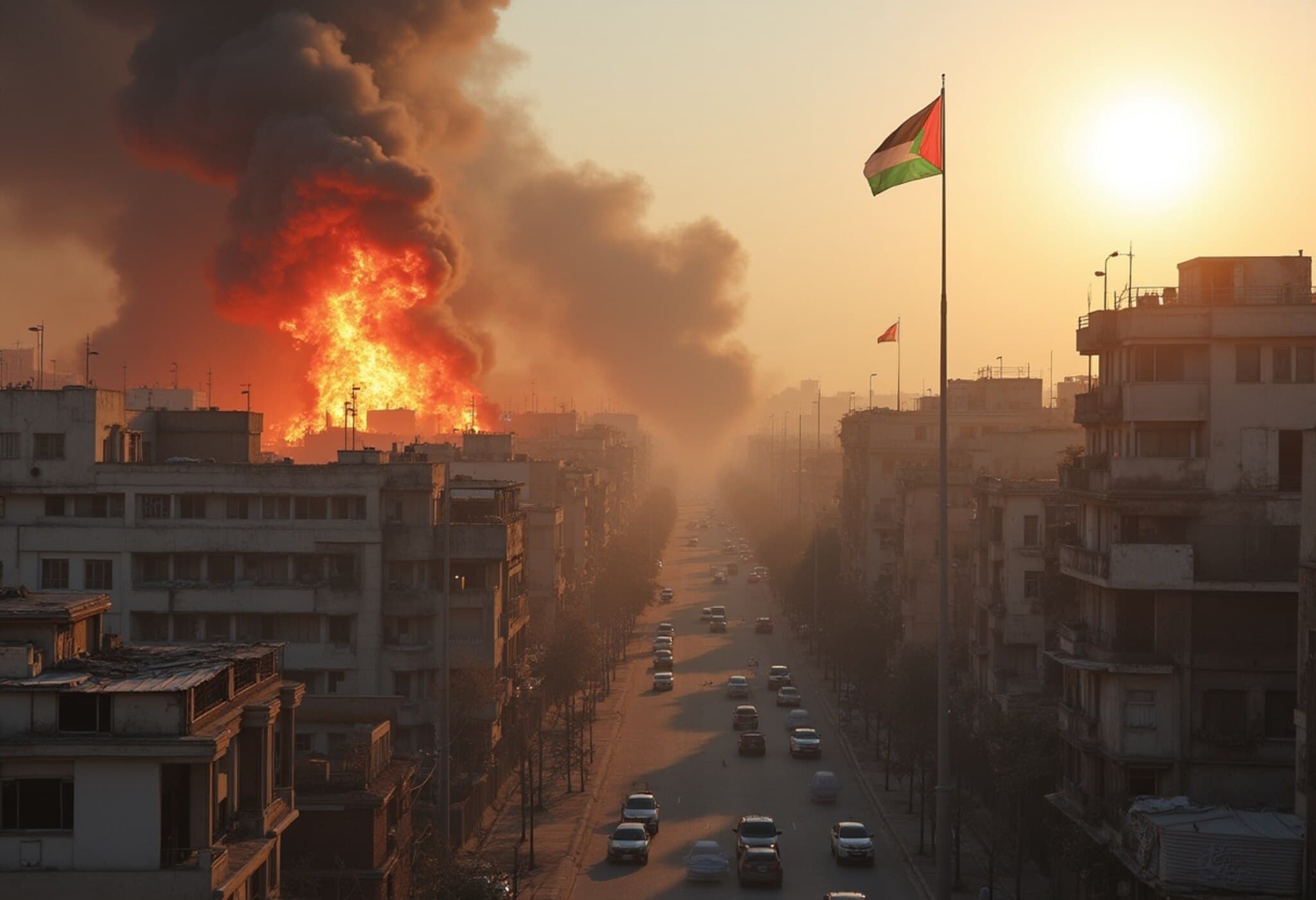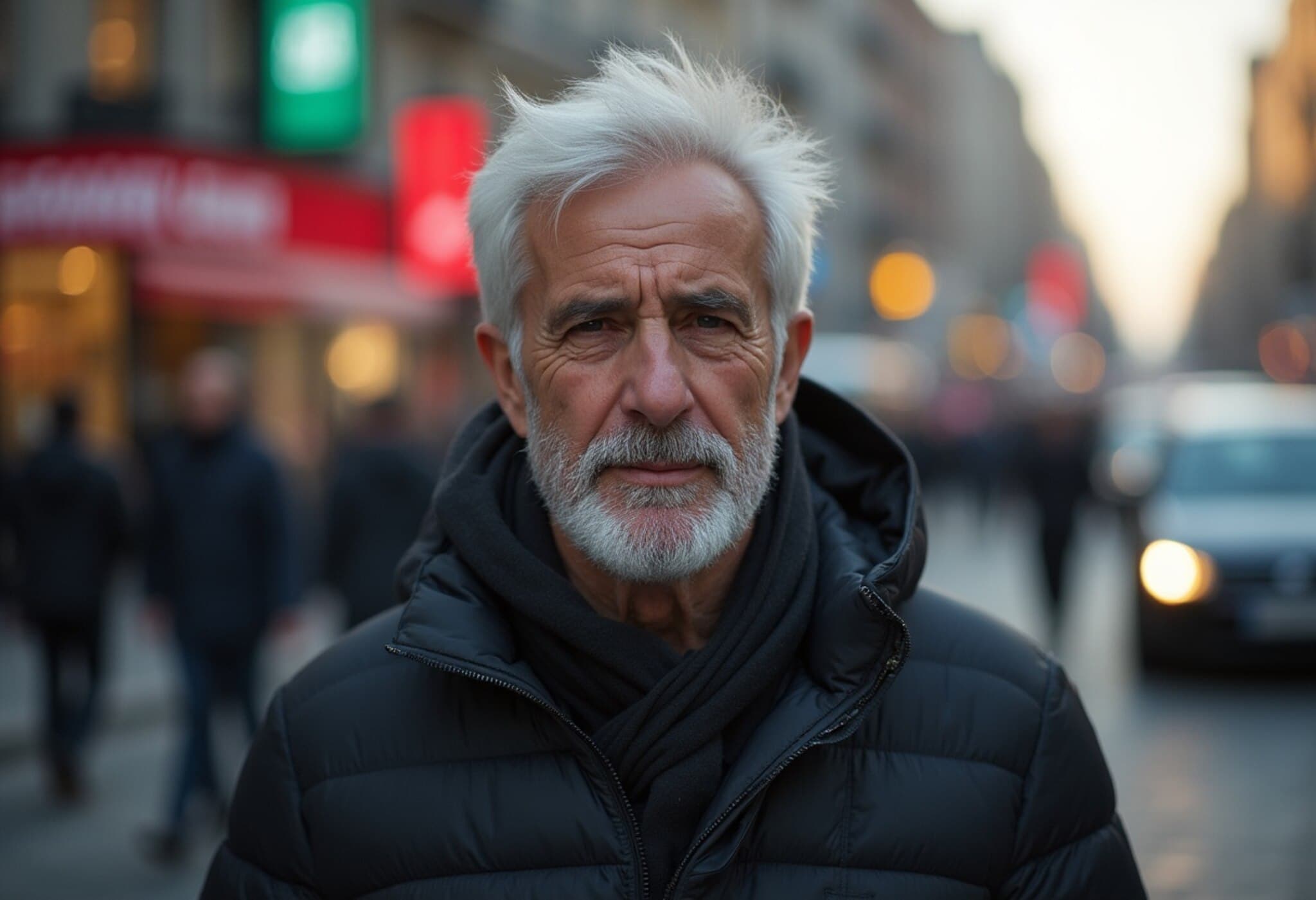Israeli Airstrike Claims Lives of Al Jazeera Journalists in Gaza
On August 11, 2025, a devastating Israeli airstrike targeted a neighborhood in Gaza City, resulting in the deaths of seven individuals, including several journalists working for the renowned news organization Al Jazeera. This tragic incident underscores the escalating dangers faced by journalists reporting from conflict zones and has sparked urgent calls for stronger protections for members of the press in volatile regions.
The Incident: A Targeted Area or Collateral Damage?
Details surrounding the strike remain under careful scrutiny. Sources report that the airstrike hit a densely populated area known for housing media offices and residential buildings. The loss of Al Jazeera’s journalists brings into sharp focus the questions about whether the strike was aimed deliberately at media personnel or whether they became unintended victims in a broader military operation.
Israeli authorities have stated ongoing operations target militant groups within Gaza, emphasizing efforts to minimize civilian casualties. However, once again, the line between combatants and civilians—including members of the press—has been blurred, revealing the tragic human cost of urban warfare.
Journalists’ Safety at the Forefront
This deadly strike has renewed an international discourse on the protection of journalists in conflict zones, especially in the protracted Israeli-Palestinian conflict. According to Reporters Without Borders, nearly 150 journalists have been killed worldwide in conflict-related incidents over the past five years, with a significant number in the Middle East.
- Press freedom advocates argue that attacks on journalists not only violate international humanitarian laws but also hamper the world’s ability to receive unbiased information from hotspots.
- The United Nations has repeatedly called for the safeguarding of media workers to preserve transparency and accountability in war zones.
- Al Jazeera, a pivotal news outlet for Middle Eastern affairs globally, has demanded a thorough investigation and accountability for the deaths of its staff.
Broader Context: Media Under Fire in the Israeli-Palestinian Conflict
The Gaza Strip has long been one of the most perilous regions for journalists. The cyclical nature of violence, coupled with dense urban settings, places reporters in constant jeopardy. The loss of these journalists is not just a human tragedy but a stark reminder of the challenges facing objective war coverage, which is essential for international awareness and policy-making.
In the American context, such incidents fuel debates over U.S. foreign policy, military aid to Israel, and the broader implications for press freedom. Lawmakers and experts in media ethics often point out the need for clearer rules of engagement that protect journalists while allowing legitimate security operations.
Expert Insight: The Imperative of Protecting Journalists in Conflict Zones
Dr. Sarah Mitchell, a senior analyst at the Center for International Media Safety, emphasizes, "Incidents like these underscore the urgent necessity for international protocols to be enforced robustly. Media personnel should never be collateral damage — their work is crucial in exposing truths, fostering dialogue, and holding power accountable across global conflicts.”
Moreover, experts warn about the chilling effect consistent threats have on press coverage. When journalists risk their lives to report, but face targeted attacks, the public’s right to information suffers profoundly, sometimes skewing narratives or silencing critical voices entirely.
Looking Forward: Accountability and Renewed Calls for Peace
As investigations proceed, questions remain about accountability mechanisms and how similar tragedies can be prevented. The international community continues advocating for comprehensive protections under international law, including more rigorous enforcement of the Geneva Conventions concerning journalists.
Ultimately, the deaths of Al Jazeera’s journalists in Gaza serve as a somber reminder: in the fog of war, press freedom and human lives hang in delicate balance—a balance demanding vigorous defense from governments, media organizations, and civil society alike.
Editor’s Note
This tragic event compels us to reflect on the extraordinary risks journalists face in conflict zones worldwide and the urgent need for collective efforts to safeguard them. Beyond the headlines, these losses strip away voices that serve as humanity’s eyes and ears in regions otherwise obscured by violence. As readers and global citizens, questioning how we can better protect truth-tellers is not just ethical—it’s essential for the future of informed international dialogue.

